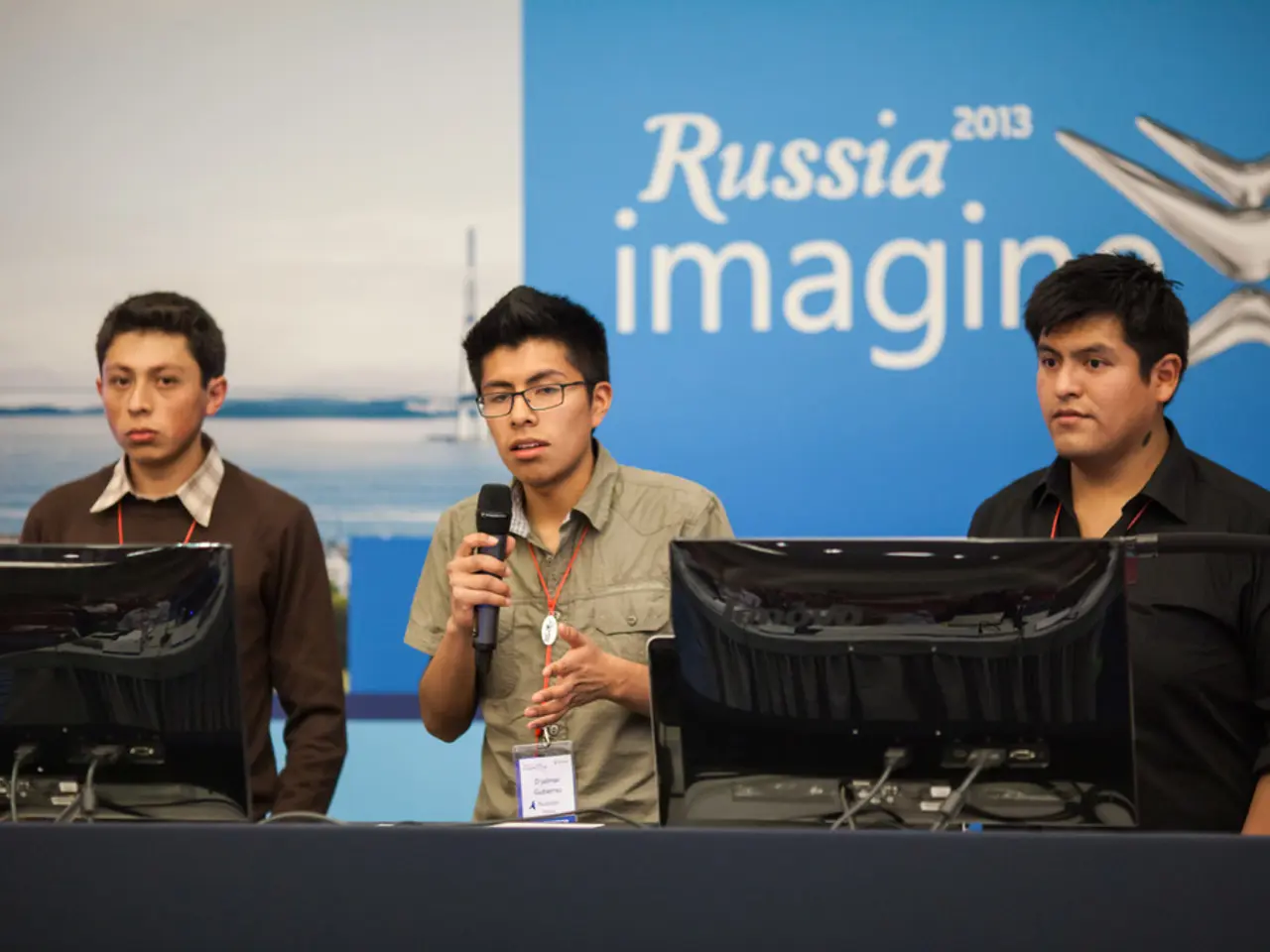Agreement Between China and U.S. on Cyber Crimes for Financial Advantage
The United States and China have agreed to establish a high-level dialogue mechanism to address cybercrime and related issues, marking a significant step towards enhancing cooperation between the two nations in the digital realm.
According to a fact sheet released by the White House, the dialogue will be co-chaired by the U.S. Secretary of Homeland Security and the U.S. Attorney General, with participation from several U.S. agencies. On the Chinese side, a ministerial-level official will lead the dialogue, with participation from several ministries and agencies.
Both countries have agreed not to conduct or support cyber-enabled theft of intellectual property for competitive advantages. This pledge is a response to concerns about hacking done for competitive advantages by the Chinese government and its companies, a category of cyber hacking that has troubled the U.S.
The Chinese government has explicitly acknowledged that such behavior is wrong and actionable. However, the effectiveness of this agreement will be determined by China's conduct as assessed by U.S. companies, forensic experts, and the U.S. government.
The agreement also commits both countries to cooperate in investigating cybercrimes, collecting electronic evidence, and mitigating malicious cyber activity emanating from their territory. They will provide timely responses to requests for information and assistance concerning malicious cyber activities.
In addition, the U.S. and China have agreed to create a senior experts group for further discussions on this topic. The first meeting of this dialogue will be held by the end of 2015, and will occur twice per year thereafter.
Both nations welcome the July 2015 report of the UN Group of Governmental Experts in the Field of Information and Telecommunications in the Context of International Security. They are committed to further identifying and promoting appropriate norms of state behavior in cyberspace within the international community.
However, the U.S. might not always want to document its 'proof' that particular actions should be attributed to China to avoid compromising sensitive intelligence information. The U.S. has found it difficult to get the Chinese to acknowledge the existence of this distinct category of hacking, separate from espionage.
Despite these challenges, the establishment of this high-level dialogue mechanism represents a positive step towards addressing the complex issue of cybercrime. The availability of senior-level government-to-government follow-up agreed upon in this agreement may be beneficial for various purposes.
This agreement, which commits the Chinese President on these issues, raises the stakes for China significantly. It is hoped that this dialogue will lead to a more secure and stable cyberspace for both nations.







